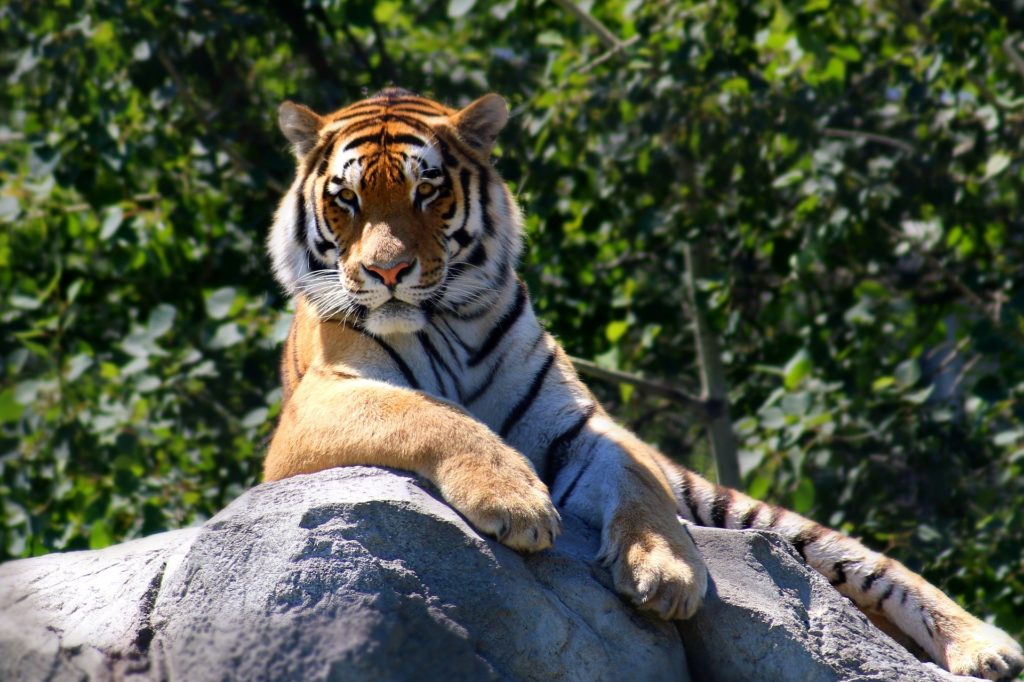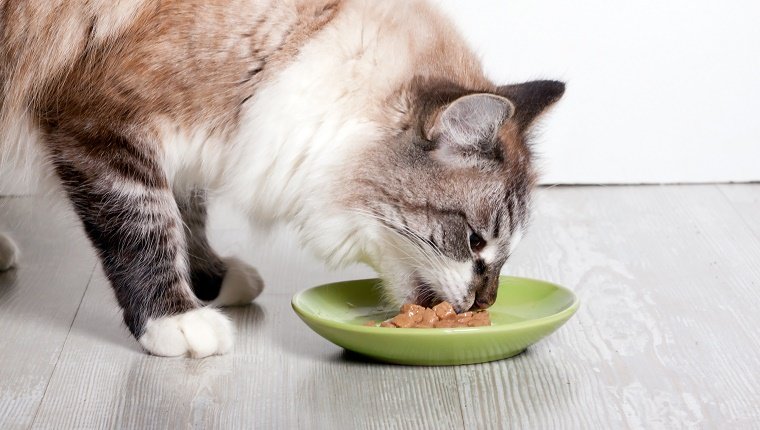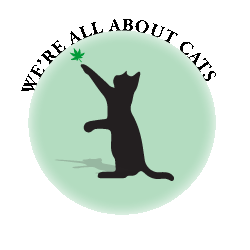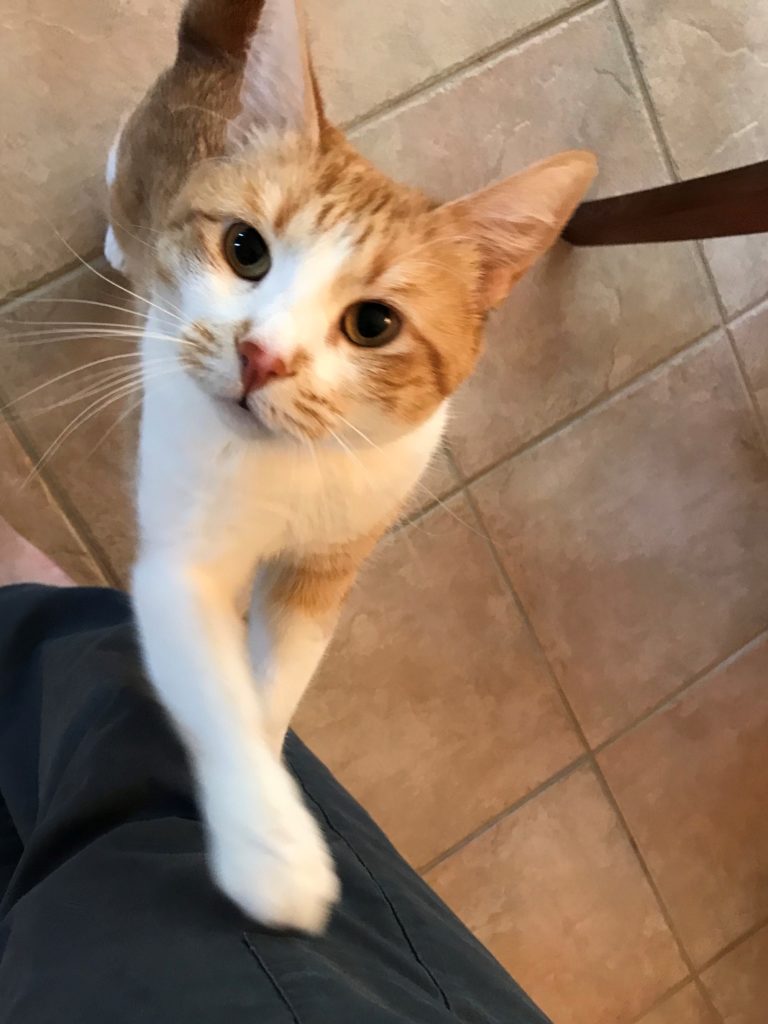
Feline Nutrition and Health
Your Cat’s Diet is Important
There are many things that go into keeping your cat healthy and happy. Genetics and environment play a part. But, there is one thing that has a huge effect on your cat’s health, and that is diet. Cats are predators that evolved to eat a diet of raw meat. It is only over the past 70 years or so that we have tried to feed cats a diet based on foods unsuitable for a strict carnivore. Grains, vegetable and plant matter and highly processed and cooked meat products.
It’s no wonder cats suffer from so many diet-related diseases.
- Obesity
- Diabetes
- Hyperthyroidism
- Hypertension
- Inflammatory Bowel Disease
- Pancreatitis
- Bladder and Kidney Stones
- Lower Urinary Tract Disease
- Kidney Disease
- Cardiovascular Disease
- Asthma
- Lymphoma
- Skin cancer
- Mammary tumors
The good news is that proper diet that mimics what our cats would naturally eat in the wild largely avoids some of these chronic and degenerative health issues. The bad news is that the commercial cat food that the vast majority of cat guardians rely on varies considerably from a natural cat’s diet in terms of macronutrient profile.
For example, the majority of cat food brands on the market including the supposedly healthier choices carried by veterinarians themselves contain these ingredients in amounts completely inappropriate for the feline diet.
- Wheat Gluten
- Corn Starch
- Brewers Rice
- Alfalfa
- Gluten
- Wheat
- Oats
- Peas
- Potatoes
- Sweet Potatoes
And, even worse, they contain these other unnecessary and harmful ingredients.
- Chemicals / Artificial Preservatives
- Butylated Hydroxyanisole (BHA)
- Butylated Hydroxytoluene (BHT)
- Ethoxyquin
- Glyceryl Monostearate
- Sodium Tripolyphosphate
- Thickeners
- Carrageenan
- Guar Gum
- Colors
- Red Food Coloring (Red 40)
- Yellow Food Coloring
- Blue Food Coloring
- Caramel
- Iron Oxide
- Titanium Dioxide
- Artificial flavors
- Sodium Nitrite
- Meat by-products
- Meat meal (not all harmful)
- Rendered / Other fats
- Beef Tallow
- “Animal Fat”
- Flaxseed oil
- Sunflower oil
- Corn syrups/Sugars
- Glucose / Dextrose
- Artificial Vitamin K form
- Vitamin K3
- Menadione
- Menadione Sodium Bisulfite
- Bisulphate
- Contaminants
- Artificial Fiber
- Cellulose
- Wheat fiber
- Oat fiber
- Peanut hulls
- Psyllium gum
- Soy hulls
- Citrus pulp
- Lactulose
- Fructooligosaccharides (FOS)
- Guar Gum
- Locust Bean Gum
- Citrus Pectin
- Peas & Pea Fiber
- Fillers*
- Cellulose
- Peas
- Potatoes
- Sweet Potatoes
- Avocados
- Cranberries
- Other fruits & vegetables
Why?
The reason is because these foods make for cat food that is cheap to produce with a higher profit margin as compared with the same cat food made primarily with animal meat which is what cats would naturally be eating in the wild. It is interesting to review the history of the commercial pet food industry to learn of how we got to where we are today.
A feral cat, for example, would never be seen gnawing on a corn cob or digging up potatoes from someone’s garden to eat. Rather, the cat would be catching the rats, lizards, and other critters running around the garden instead.
While the best answer is homemade cat food (only a recipe PREPARED BY A VETERINARIAN), in many instances, this is simply not an option either practically or financially. Keep in mind, it can be dangerous to your cat’s health if you prepare a homemade meal that is not complete with all the necessary ingredients so please consult an animal nutritionists, veterinarian or reputable website before attempting to do this.
If purchasing cat food is the route you need to go, the next best thing is to become well versed in what ingredients to avoid and switching to a nontoxic brand, if necessary. There are several brands on the market now that not only mimic a cat’s diet in the wild, but also are free of dangerous ingredients.

Top 10 Best Healthy Canned, Soft & Wet Cat Foods
The 15 Best Cat Foods In 2020 (includes Dry Food)
Researched by AllAboutCats.com 

LEARN MORE Visit Quick Links below
Sources:
Feline Nutrition Foundation
https://feline-nutrition.org/about-us/welcome-to-feline-nutrition
The Healthy Home Economist
Choose Another Pet Food if Yours Has These Ingredients
Updated: October 23, 2018

